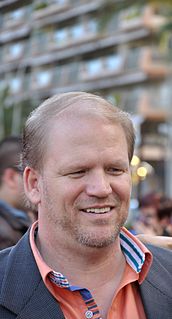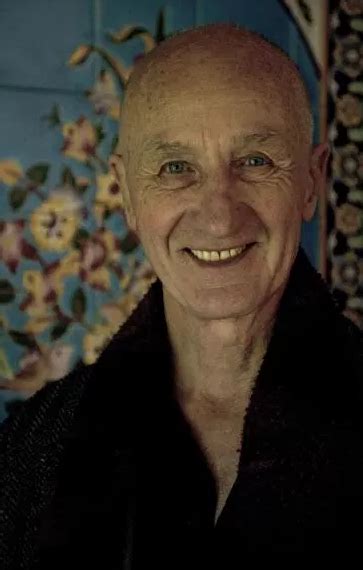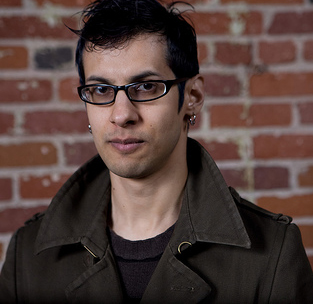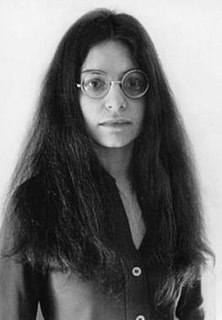A Quote by Sarnath Banerjee
As a non-western artist, you have to ask yourself a question fairly early in your life: do I want to become a bridge maker, do I want my culture to be understood by the west? I have no intentions of doing such things. I'm fine being a little strange to a non-western audience. It doesn't bother me if my book doesn't change a generation of American readers.
Related Quotes
If there is such a thing as being conditioned by climate and geography, and I think there is, it is the West that has conditioned me. It has the forms and lights and colors that I respond to in nature and in art. If there is a western speech, I speak it; if there is a western character or personality, I am some variant of it; if there is a western culture in the small-c , anthropological sense, I have not escaped it. It has to have shaped me. I may even have contributed to it in minor ways, for culture is a pyramid to which each of us brings a stone.
You asked if I thought my fiction had changed anything in the culture and the answer is no. Sure, there's been some scandal, but people are scandalized all the time; it's a way of life for them. It doesn't mean a thing. If you ask if I want my fiction to change anything in the culture, the answer is still no. What I want is to possess my readers while they are reading my book ? if I can, to possess them in ways that other writers don't. Then let them return, just as they were, to a world where everybody else is working to change, persuade, tempt, and control them.
You must constantly ask yourself these questions: Who am I around? What are they doing to me? What have they got me reading? What have they got me saying? Where do they have me going? What do they have me thinking? And most important, what do they have me becoming? Then ask yourself the big question: Is that okay? Your life does not get better by chance, it gets better by change.
The reason I wouldn't dare to write a Western is simply because that seems to be so much a part of American culture. Maybe if I want to write a Western enough I should try to overcome that fear, but I'll certainly feel like I'm trespassing. I feel that that is so much a part of American foundation myth, it's part of the myth of America, the American vision of what America is, which people have glorified and then challenged and then vilified.
The argument now that the spread of pop culture and consumer goods around the world represents the triumph of Western civilization trivializes Western culture. The essence of Western civilization is the Magna Carta, not the Magna Mac. The fact that non-Westerners may bite into the latter has no implications for their accepting the former.
Unlike most heritages, Western civilization is not primarily a geographical place or a genetic bloodline. It is a state of mind. No matter where on earth one was born, to become heir to Western civilization's ancestry, one need only pledge allegiance to reason and individual liberty-the civilized, life-affirming values that represent the "West at its best."
No civilisation, not even that of ancient Greece, has ever undergone such a continuous and profound process of change as Western Europe has done during the last 900 years. It is impossible to explain this fact in purely economic terms by a materialistic interpretation of history. The principle of change has been a spiritual one and the progress of Western civilisation is intimately related to the dynamic ethos of Western Christianity, which has gradually made Western man conscious of his moral responsibility and his duty to change the world.




































